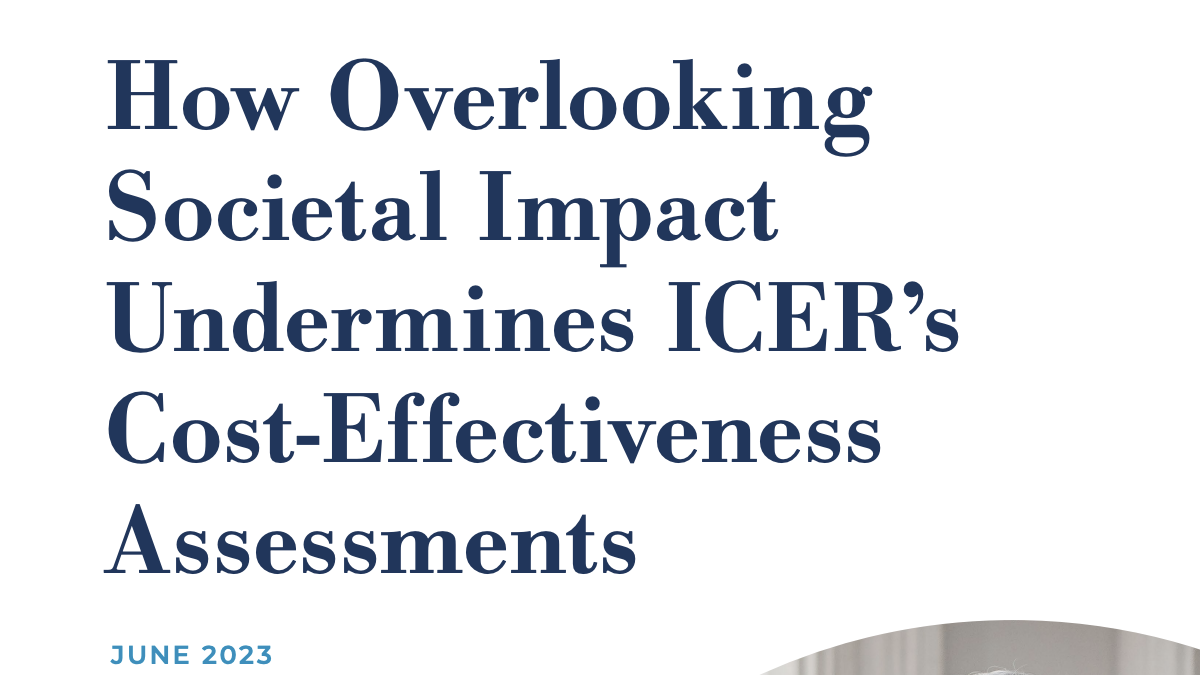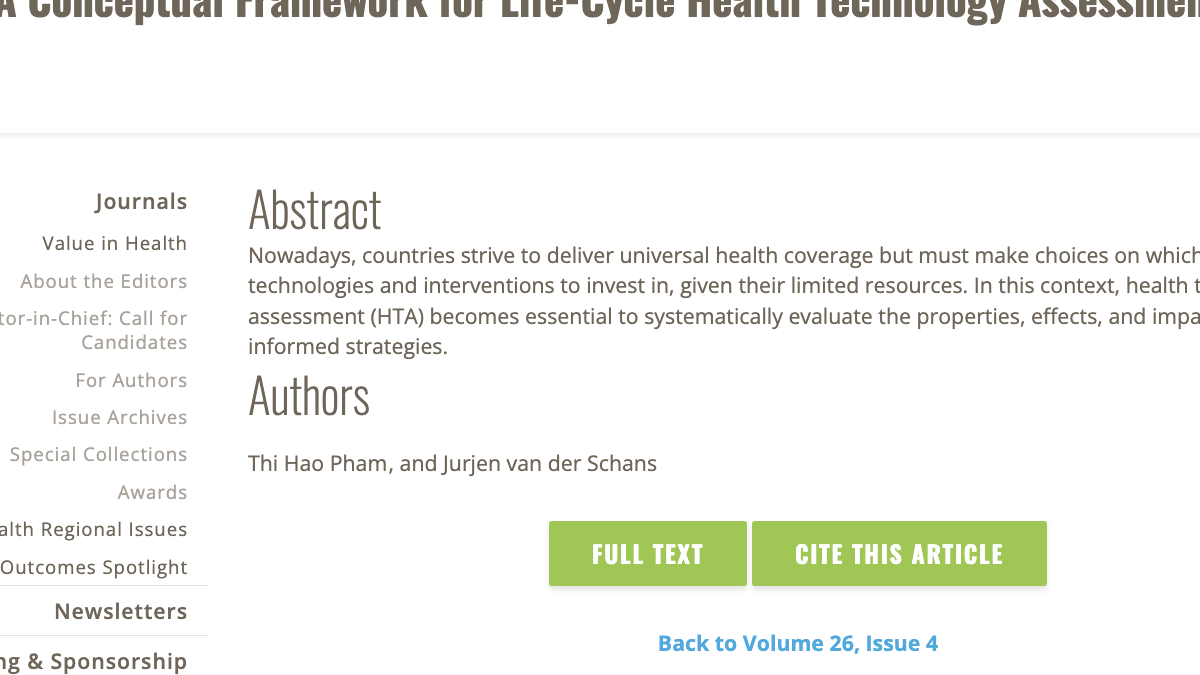Artificial intelligence, or AI, holds revolutionary potential for improving the way health care is delivered. Machines can analyze combinations of symptoms to identify diseases faster and compare patient information to help determine the best course of treatment. But medicine requires judgment, empathy and accountability— qualities that only people can provide. AI can support clinicians’ judgment — not replace them.
Health insurers have implemented AI in ways that raise concerns with patients, their families and clinicians. A growing dependence on AI algorithms to comb through mountains of requests for authorization and reimbursement may help insurers reduce costs, but risks leaving patients stranded and doctors frustrated when their clinical expertise is overridden by an algorithm.
In some settings, including detection of rare cancers and identifying anomalies in imaging and scans, algorithms are already shaping treatment pathways. The danger lies in allowing technology to dictate care instead of supporting clinicians.
AI and the New Prior Authorization Problem
Insurers have increasingly adopted AI tools to process prior authorization requests, a kind of paperwork that has proliferated rapidly in recent years. But what began as a tool to speed up approval has turned into an assembly line of denial. Many physicians report fears that AI is being used to reject care that would otherwise be approved. Automated systems, trained on limited datasets, can miss clinical nuances, and should always be double-checked by humans.
As AI’s role expands, oversight has not kept pace. Algorithms often operate behind opaque digital walls, with little transparency on how decisions are made. Some insurers have already faced class-action lawsuits for using AI to issue blanket denials, sometimes with minimal human review. When medical advice is overruled by software, the patient-clinician relationship and trust are both eroded. Just like when consumers try to use ChatGPT for medical advice, replacing doctors with computers can be dangerous.
Weighing Innovation and Accountability
As AI quickly helps rewrite health care procedures in the US, its integration must prioritize clinical judgment. Regulators are being urged to establish clear rules for how AI can be used in coverage decisions, and how to handle fault and harm when errors occur. Without defined boundaries, automation could deepen disparities in health care and blur liability.
Technology strengthens care when it enhances, rather than replaces, the human connection of care.




